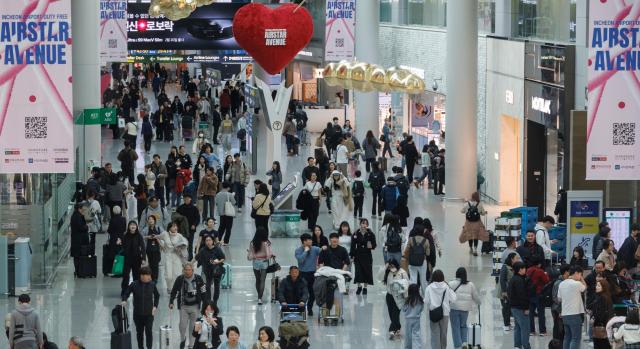
SEOUL, February 20 (AJP) - South Korea’s business community is warily hopeful amid growing speculation that China may lift its long-standing, unofficial ban on Korean cultural content as early as May.
The restrictions, imposed in retaliation for Seoul’s deployment of the U.S. Terminal High Altitude Area Defense (THAAD) system in 2017, dealt a severe blow to industries reliant on Chinese consumers.
Among the hardest hit was AmorePacific, a major cosmetics firm, which saw its operating profit plummet by 30 percent that year. Since then, the company has shifted its focus beyond China, with sales in the Americas reaching 524.6 billion won ($393 million) in 2023, surpassing its China sales of 510 billion won.
The broader economic impact was also pronounced. Chinese tourist arrivals in South Korea plunged from over 8 million in 2016 to just 4.2 million the following year. While numbers have gradually rebounded — reaching 4.6 million in 2024 following the easing of pandemic restrictions — analysts say a full recovery remains contingent on Beijing’s policy shifts.
Industry leaders acknowledge that lifting the ban would reinvigorate sectors ranging from entertainment to retail.
“While the resumption of K-pop and K-drama content on official Chinese platforms would provide a significant boost to beauty industry marketing, we remain cautious given our past experiences with China-related risks,” an official at LG Household & Healthcare said.
Still, some observers question whether the market will return to its pre-ban levels.
“Given the prolonged economic slowdown in mainland China and weakened consumer purchasing power, an immediate surge in sales is far from guaranteed,” a senior cosmetics industry executive noted.
A potential policy reversal would particularly benefit duty-free retailers, department stores, and food manufacturers, all of which have struggled in the absence of Chinese group tours over the past eight years.
Copyright ⓒ Aju Press All rights reserved.




